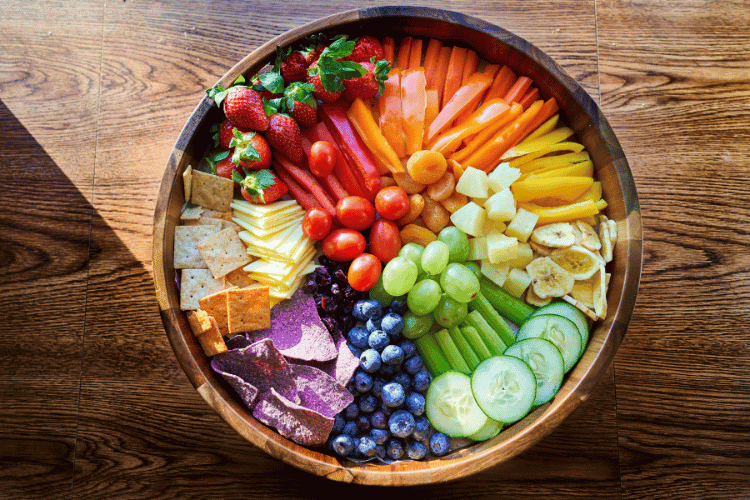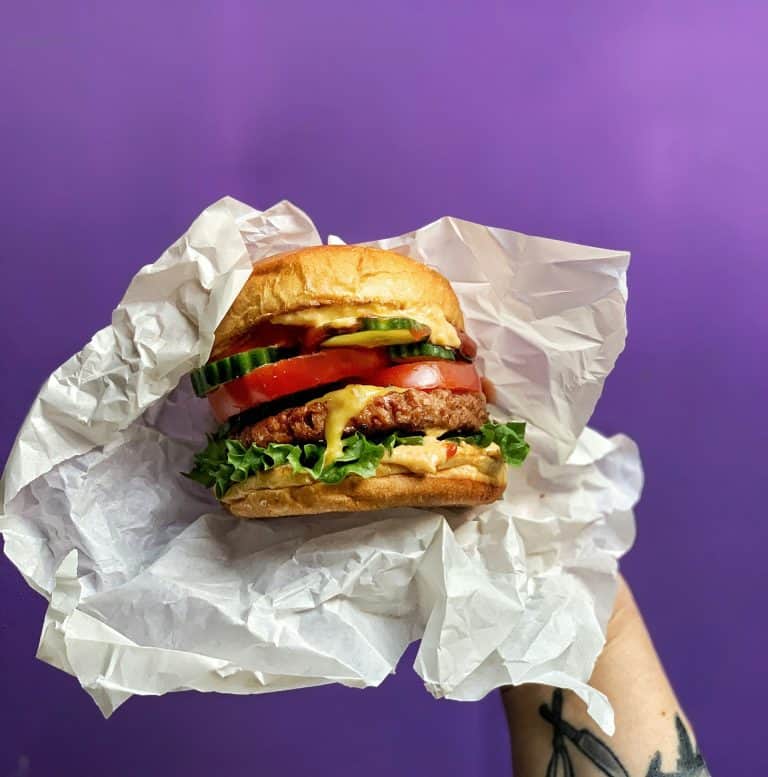What Is Unconscious Dissonance?
What Is Unconscious Dissonance?
Unconscious dissonance is a hidden form of cognitive dissonance, a psychological term describing the discomfort we feel when we hold conflicting beliefs. Instead of consciously struggling with this contradiction, our brains take shortcuts to avoid discomfort—often without us realising it.
With meat consumption, these shortcuts include:
- Dissociating meat from animals – We call it “bacon” instead of “pig,” “beef” instead of “cow,” making it easier to consume without emotional conflict.
- Minimising suffering – Believing that animals are killed “humanely” or that farmed animals don’t suffer as much as pets.
- Following cultural norms – Thinking “everyone eats meat” makes it seem normal and necessary.
- Justifying necessity – Saying things like, “We need meat for protein,” even though plant-based diets provide all the nutrients we need.
These mental tricks allow people to enjoy their steak without thinking about the cow who lost its life.
The Moment of Awareness
For some, unconscious dissonance remains just that—unconscious. But what happens when something forces us to confront it?
It could be a documentary like Dominion or Earthlings, a conversation with a vegan friend, or even seeing an animal up close at a sanctuary and making the connection.
At this moment, people usually react in one of three ways:
- Defensiveness – “Vegans are too extreme!” (This protects their existing beliefs.)
- Further Rationalisation – “But lions eat meat!” (Even though lions don’t have supermarkets full of alternatives.)
- Behaviour Change – Cutting back or quitting meat altogether.
When unconscious dissonance becomes conscious, people have to make a choice—ignore the truth, justify it, or change their actions.
Why Does This Matter?
Understanding unconscious dissonance is key to helping more people go vegan. It explains why logic alone doesn’t always convince someone to change. People need to feel the contradiction in their own minds before they’re open to shifting their habits.
So, what’s the best way to help?
- Ask questions rather than argue – “Have you ever thought about why we call some animals pets and others food?”
- Encourage exposure – Suggest documentaries, farm sanctuary visits, or reading materials that make the connection.
- Be patient – Breaking lifelong habits takes time, and everyone is on their own journey.
By recognising unconscious dissonance, we can help more people wake up to the reality of their food choices—and take steps towards a more compassionate world.
Have you ever experienced unconscious dissonance when it comes to eating meat? Let us know in the comments!
👉 Thinking about cutting back on meat? Browse our range of delicious plant-based alternatives







